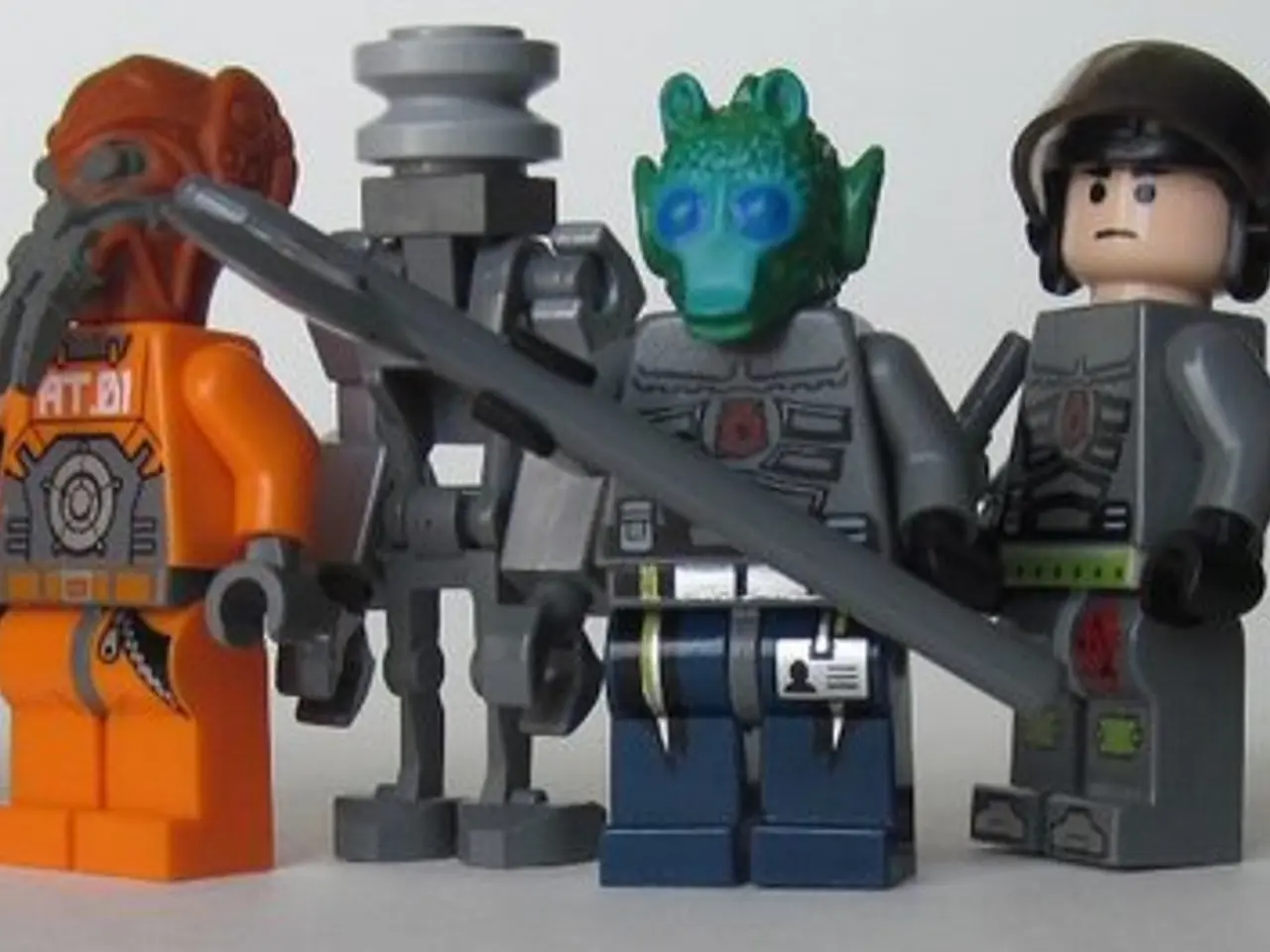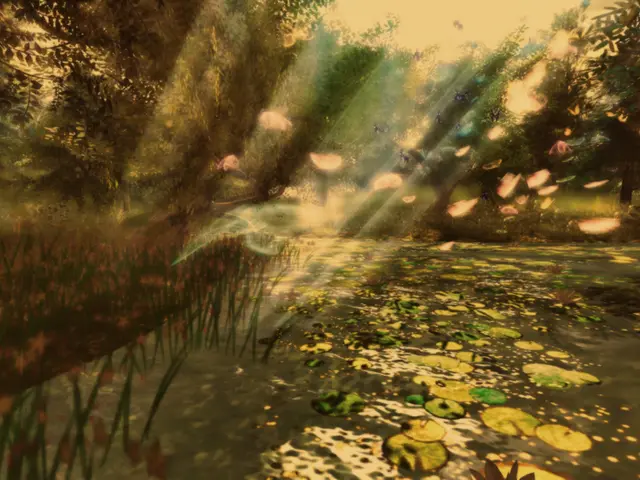Plans for groundbreaking Higgs boson research of the future are being developed in American workshops
The world of particle physics is gearing up for an exciting future with the Future Circular Collider (FCC) project, a two-phase endeavour that promises to deepen our understanding of the Higgs boson and pave the way for discoveries beyond our current knowledge.
At the heart of this project lies the FCC-ee, an electron-positron collider planned for CERN. This collider, dubbed the 'Higgs factory', is designed to produce vast numbers of Higgs bosons for in-depth study. The Higgs boson, a fundamental particle, is linked to the Higgs field, an invisible energy field thought to permeate all of space. Particles moving through the Higgs field acquire mass due to the Higgs boson, making the formation of structures in the Universe possible.
The FCC-ee is not just a stepping stone; it's a crucial step towards the FCC-hh, a high-energy hadron machine that will explore the next energy frontier. While the FCC-ee is expected to start operations around 2045, if approved by the European particle physics community in 2026, the FCC-hh, if realized, will push the boundaries of energy and discovery potential well into the mid-21st century.
The FCC-ee project will offer unmatched opportunities for hands-on training with cutting-edge instrumentation, data analysis, and theoretical modelling. This was evident at a recent workshop held at the Department of Energy's Fermi National Accelerator Laboratory (Fermilab), where over 50 early-career scientists discussed detector technologies, accelerator design, software, and physics analysis for the FCC-ee and FCC-hh projects.
Fermilab is expected to be a central hub for US contributions to the FCC-ee and FCC-hh programs. The workshop, co-hosted by Fermilab and Argonne National Laboratory, united US researchers with Europe's vision for the successor to CERN's Large Hadron Collider (LHC). The focus of the discussions was the Future Circular Collider (FCC) Feasibility Study, a roadmap for these groundbreaking machines.
The FCC-ee, as part of the Future Circular Collider project, will strengthen long-standing collaborations with CERN and help push the frontiers of precision electroweak physics. It will provide the next generation of researchers with an exceptional training ground for hands-on experience with new detector technologies, advanced data analysis, and innovative theoretical techniques.
In essence, the FCC project is more than just a deep dive into the Higgs boson. It's a bridge to the next great breakthroughs in fundamental physics, a journey that begins with the FCC-ee and continues with the FCC-hh, a successor operating at even greater energies, capable of directly searching for unknown particles and potentially shedding light on dark matter.
As we look towards the future, the FCC project represents a significant stride in our quest to unravel the mysteries of the Universe. With the FCC-ee set to start operations in the mid-2040s, the next few decades promise to be an exciting time for particle physics.
Read also:
- "Eco-Scam": Unveiling the Truth about Electric Vehicles
- European transportation's sustainability and competitiveness rely on a "green industrial agreement" that serves the interests of both corporations and residents, as discussed in an Editorial from August 2024.
- Indian Oil Corporation's Panipat Refinery secures India's inaugural ISCC CORSIA accreditation for Sustainable Aviation Fuel production
- Porsche Macan Accelerates into Second Generation of Electric Power







